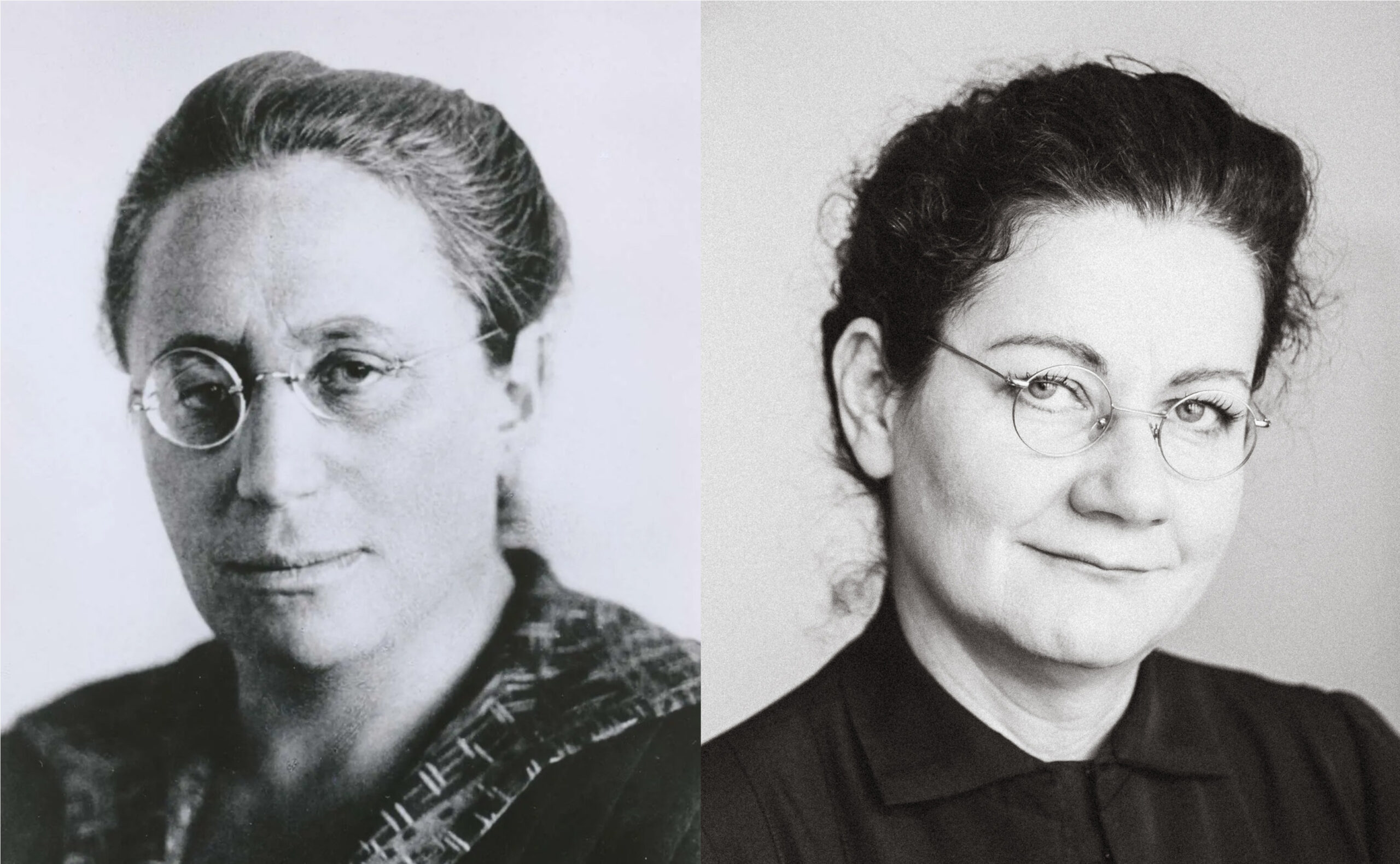Mathematics boasts many influential individuals, though just a handful have had a profound effect on its core principles. Emmy Noether, hailing from Germany and born in 1882, is part of this exceptional group. During the early 1900s, her contributions significantly altered disciplines like algebra, theoretical physics, and even the philosophical aspects of mathematics. To truly grasp the breadth and significance of Noether’s work, one should delve into the innovative concepts she presented and the enduring effects of her theorems and techniques.
Noether’s Theorem: The Connection between Symmetry and Conservation
Among the significant milestones of Emmy Noether is the formulation of Noether’s Theorem, conceived in 1915 and published in 1918. This theorem reveals a deep relationship between symmetries in physical systems and the conservation principles that oversee them. Essentially, it claims that each differentiable symmetry in the action of a physical system is linked to a conservation law.
For instance, if a system behaves identically regardless of its position in space (translational symmetry), then the system must conserve momentum. If the laws are unchanged over time (temporal symmetry), energy is conserved. This theorem did not merely clarify long-standing physical principles, it offered physicists a tool to discover new laws by uncovering hidden symmetries within physical systems.
Noether’s Theorem provides a fundamental framework in contemporary physics, playing a crucial role in developments from quantum field theory to the Standard Model of particle physics. Noether collaborated with prominent figures like Albert Einstein and David Hilbert in Göttingen, and her work significantly impacted theoretical physics at the highest echelons.
Revolutionizing Abstract Algebra: The Emergence of Noetherian Structures
Beyond physics, Noether transformed the field of mathematics through her rigorous formalization of abstract algebra. Prior to her work, algebra primarily focused on number systems and solving equations. Noether introduced a structural perspective, shifting attention from equations to the algebraic objects themselves, such as groups, rings, and fields.
Her contributions led to the notion of Noetherian rings and modules. A Noetherian ring is defined as a ring in which every ascending chain of ideals terminates—a property crucial for maintaining a manageable and well-behaved structure in algebraic systems. This concept curtails infinite regress in algebraic processes and is essential for the classification of solutions to systems of equations.
The Noetherian condition is fundamental to contemporary commutative algebra and algebraic geometry. Researchers like Oscar Zariski and André Weil expanded on Noether’s contributions, leveraging her conceptual breakthroughs in the study of algebraic varieties and the resolution of polynomial equation spaces. Nowadays, the term Noetherian is prevalent in numerous mathematical principles and frameworks, highlighting the wide-reaching impact of her legacy.
Invariantes Algebraicas y Teoría de Representación
Noether also made substantial contributions to invariant theory. This discipline studies properties of algebraic objects that are unchanged—or invariant—under the action of groups. Her doctoral thesis and early work focused on these questions, but her most significant impact came from systematizing invariant theory through abstract methods.
She played a crucial role in redefining and expanding the application of group representations. These link group theory with linear algebra and have uses in number theory, geometry, and theoretical physics. Her formulation of the Noether normalization lemma enabled mathematicians to generalize complex algebraic varieties and analyze them via lower-dimensional counterparts.
Surpassing Challenges: Gender, Education, and Heritage
Noether’s contributions to mathematics were groundbreaking, yet her path was far from easy. During that era, German universities did not permit female professors. Nevertheless, Noether remained determined, making substantial contributions without formal compensation for multiple years while collaborating with renowned mathematicians such as Felix Klein and David Hilbert at the University of Göttingen. When Hilbert endeavored to obtain a professorship for Noether, his advocacy for her abilities against bias became famous: “Gentlemen, the university senate is not a bathhouse!”
After escaping from Nazi Germany because of her Jewish background, Noether continued her academic career at Bryn Mawr College in the United States, where she taught future mathematicians and nurtured a strong academic environment.
Impact on Mathematics and Physics: An Enduring Change in Paradigm
The impact of Noether’s work reaches well beyond her initial writings. Her preference for abstract and axiomatic methods has become a framework for mathematical studies in the 1900s and 2000s. Contemporary books on algebra, geometry, and topology frequently mention Noetherian frameworks and approaches. Her theorem continues to be a foundation for the relationship between mathematics and physics, especially in the exploration of conservation laws and quantum symmetries.
Moreover, Noether’s life and work have stood as a testament to intellectual perseverance and the vital role of inclusivity in science. She not only broke new ground mathematically but also inspired subsequent generations—demonstrating that barriers, institutional or otherwise, can be overcome with clarity of vision and unwavering dedication to discovery.
The legacy of Emmy Noether is woven into the very fabric of twentieth-century mathematics and physics. Every time a mathematician invokes a Noetherian concept, or a physicist applies Noether’s Theorem to decipher a new symmetry in the universe, her monumental influence is reaffirmed. In a field defined by abstraction and infinity, Emmy Noether’s contributions illuminate the unity between structure and law—guiding explorations that span everything from algebraic theories to the fundamental mechanics of the cosmos.



:max_bytes(150000):strip_icc():focal(749x0:751x2)/Jared-Isaacman-329f219aed0e4faa8b341aa46849d3c2.jpg)

